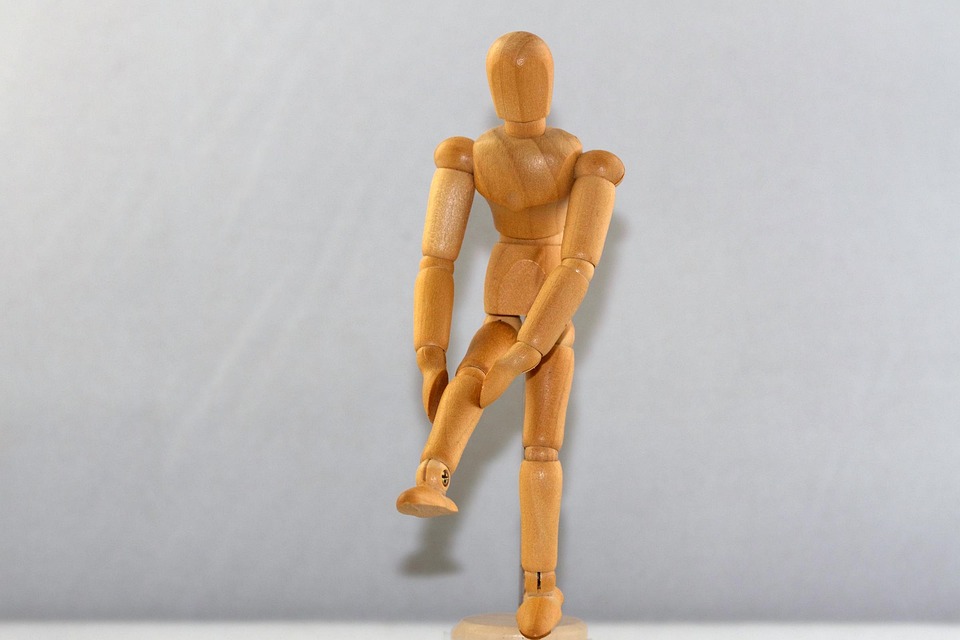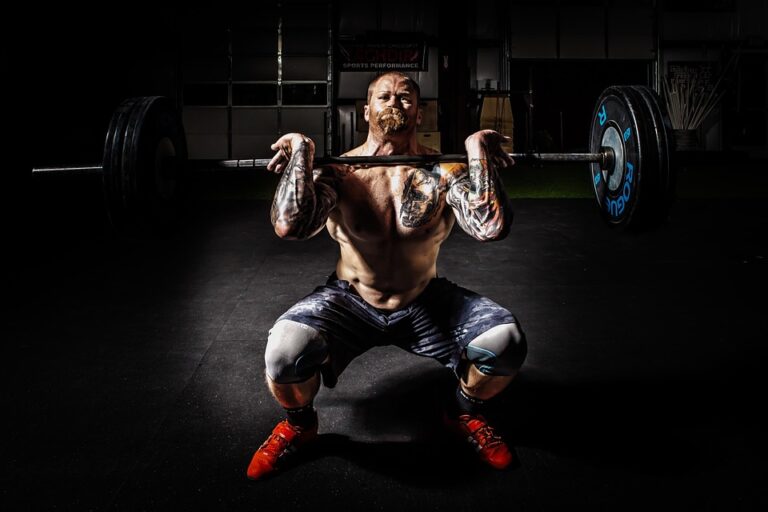
Knee support plays an increasingly pivotal role in maintaining the health and functionality of one of our most crucial joints. Whether you’re an athlete pushing your limits or someone dealing with the everyday wear and tear of life, understanding the various types of knee supports and their specific applications can make a significant difference.
Types of Knee Supports
-
Knee Braces
A knee brace often springs to mind when one thinks of support. These devices can come in several forms, ranging from rigid to flexible. Rigid braces are typically used post-surgery to immobilise the knee, while flexible braces can provide stability during physical activities. A study published in the British Journal of Sports Medicine highlighted that athletes using functional knee braces reported a 30% reduction in injury recurrence. -
Knee Sleeves
Unlike braces, knee sleeves are generally made from elastic materials and provide compression, warmth, and support. They are perfect for those looking to prevent injuries during exercise. The compression can help in reducing swelling and increasing blood flow, which is beneficial during recovery. According to a report from the National Health Service (NHS), many users have noted improved performance and decreased discomfort while wearing knee sleeves. -
Patellar Straps
These specialised straps are designed to alleviate pressure on the patellar tendon. They are particularly effective for conditions like patellar tendonitis, commonly known as "jumper’s knee." A study in the Journal of Orthopaedic Research revealed that athletes who used patellar straps experienced a noticeable decrease in pain levels, allowing them to return to their activities more swiftly. -
Orthotic Supports
While not exclusively for the knee, orthotic supports can significantly affect knee health by improving alignment and distributing weight more evenly. This is especially pertinent for individuals with flat feet or other foot-related issues that impact knee mechanics.
Choosing the Right Support
Selecting the appropriate knee support can feel daunting, especially with so many options available. Here are some factors to consider:
- Activity Level: Are you a weekend warrior or a daily runner? Your activity level will guide you toward more robust supports or lighter options.
- Injury History: If you have a history of knee injuries, a more rigid brace might offer the stability you need. Conversely, if you’re looking to prevent injuries, a sleeve could suffice.
- Comfort and Fit: No matter how effective a support might be, if it doesn’t fit properly, it won’t serve its purpose. Always opt for a product that feels snug but not restrictive.
- Consultation with Health Professionals: When in doubt, consulting with a physiotherapist or sports medicine professional can provide tailored advice that considers your unique circumstances.
The Importance of Proper Usage
Understanding how to utilise knee supports effectively is just as critical as selecting the right one. Many people fall into the trap of over-relying on supports, which can lead to muscle weakening over time. It’s essential to balance support with strengthening exercises to maintain joint health.
Moreover, recognising when to replace or upgrade your knee support is vital. Worn-out supports lose their effectiveness and may even contribute to further injury. Pay attention to the condition of your equipment, and don’t hesitate to invest in a new one if you notice signs of wear.
Final Thoughts
Knee supports are not merely accessories; they are essential tools for maintaining knee health and enhancing performance. With a plethora of options available, understanding the nuances of each type can empower you to make informed choices that align with your lifestyle and needs.
As you navigate the world of knee support, remember that resources like BargainsTrust are dedicated to bringing you curated selections of high-quality products, ensuring that you can find the best options tailored to your requirements. Your knees deserve the best care, after all!







